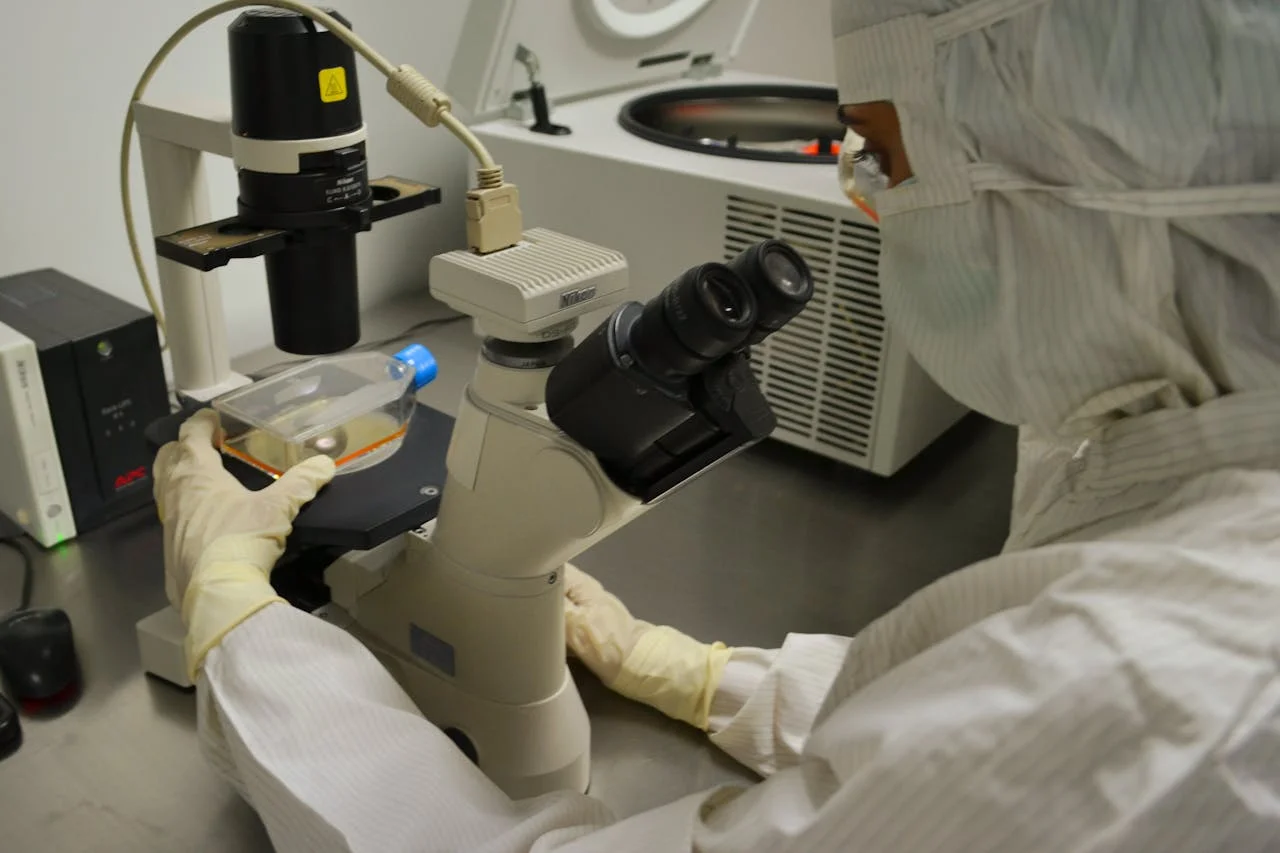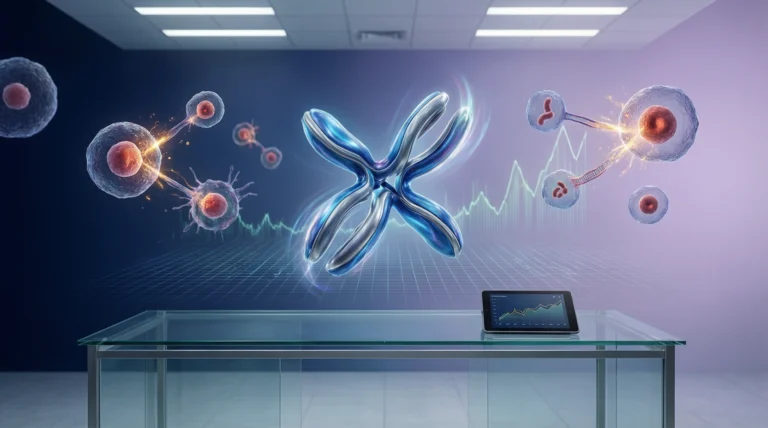
Be Biopharma, Inc. (“Be Bio”), a trailblazing company in the development of Engineered B Cell Medicines (BCMs), unveiled new preclinical findings today, showcasing the production of active ALP by a BCM. This breakthrough underscores BCMs’ potential as a treatment avenue for Hypophosphatasia (HPP). Researchers employed CRISPR/Cas9 precision gene editing and AI-driven protein design to modify primary human B cells, enabling them to produce ALP—an enzyme deficient in individuals with HPP. The results were presented at the American Society of Gene & Cell Therapy (ASGCT) 27th Annual Meeting on May 10.
HPP arises from mutations in the ALPL gene, resulting in diminished ALP activity and diverse systemic complications, notably impaired bone mineralization like rickets/osteomalacia. Currently, the sole approved therapy, asfotase alfa, necessitates frequent injections and is solely sanctioned for pediatric-onset HPP.
Rick Morgan, Chief Scientific Officer, emphasized, “This study underscores how BCMs, in tandem with AI-guided protein design, expand the scope of our medications to produce highly efficient therapeutic proteins like ALP-Fc fusion proteins.” BCMs offer sustained and durable protein levels sans preconditioning, are redeployable, and boast applicability across various diseases, potentially offering a pioneering treatment for HPP.
The study involved expanding and precisely engineering primary human B cells via CRISPR/Cas9 genome editing, incorporating an ALP gene expression cassette into multiple loci, including the safe harbor locus CCR5. Leveraging an AI-driven ALP protein structure design engine, protein constructs were fine-tuned for ALP-Fc fusion protein activity and stability. Engineered BCMs exhibited secretion of active ALP proteins, with robust in vitro phenotypic correction demonstrated in the MC3T3 osteoblast precursor mineralization model.
A New Class of Cellular Medicines Engineered B Cell Medicines (BCMs) represent a groundbreaking category of cellular medicines leveraging the potent B cell, capable of consistent, high-level protein production over extended periods. Precision genome editing facilitates the engineering of B cells to produce therapeutic proteins, offering the potential for durable, allogeneic, and redeployable treatments without preconditioning. The promise of BCMs transcends therapeutic biologics, potentially revolutionizing treatment across diverse protein classes, patient cohorts, and therapeutic domains.




